Extra Challenge Tracing Worksheets Activities With Answers for Ages 6-8
20 filtered results
-
From - To
Discover engaging Extra Challenge Tracing Worksheets designed specifically for children ages 6-8! These activities enhance fine motor skills and handwriting proficiency while keeping little learners excited and motivated. Each worksheet features fun and interactive tracing tasks, tailored to promote cognitive development alongside joyful learning experiences. With an answer key included, educators and parents can easily review progress and provide guidance where needed. Suitable for classroom use or at-home fun, these worksheets are perfect for young students looking for an extra challenge. Visit our platform to access these valuable resources and help your child sharpen their tracing skills today!


Letter A Tracing Page
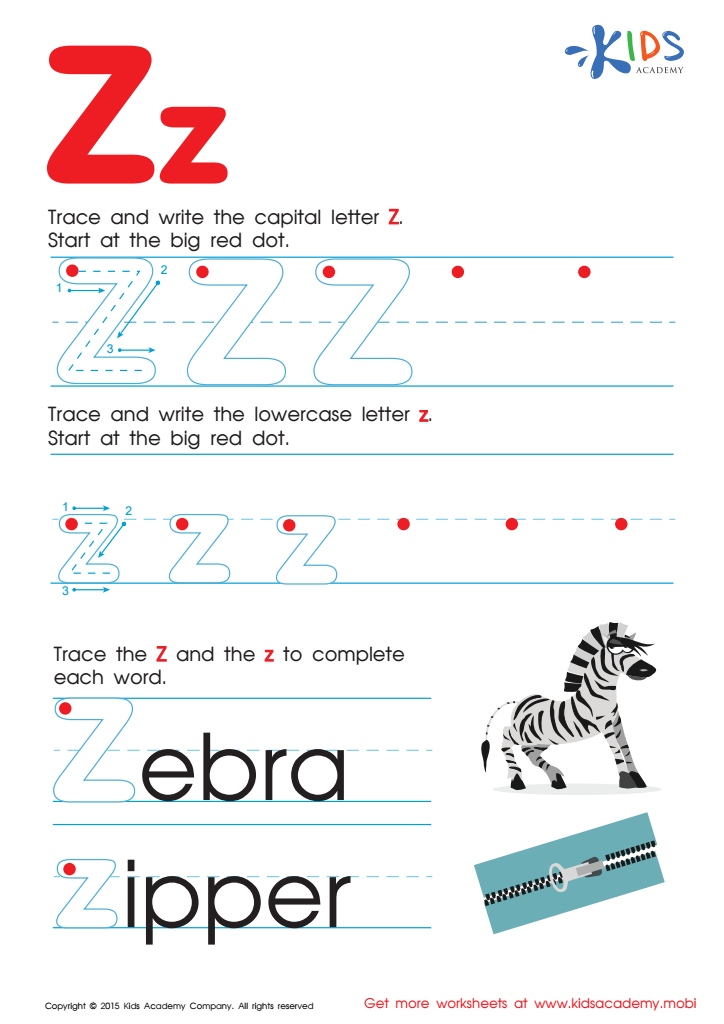

Letter Z Tracing Page


Letter R Tracing Page
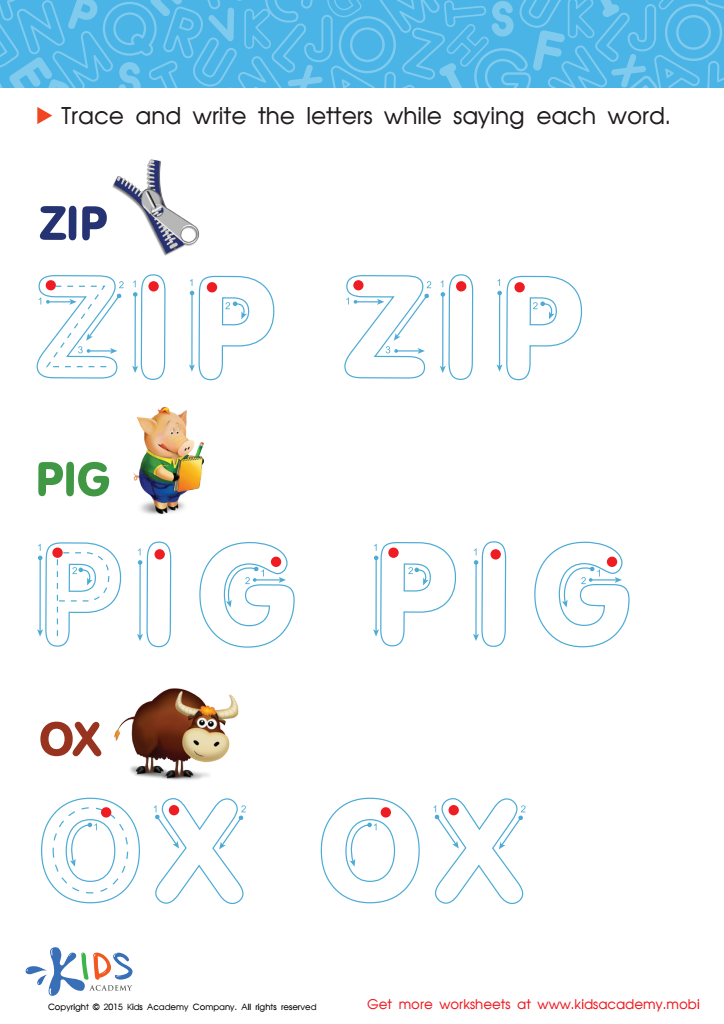

A Zip, a Pig and an Ox Spelling Worksheet


Letter X Tracing Page
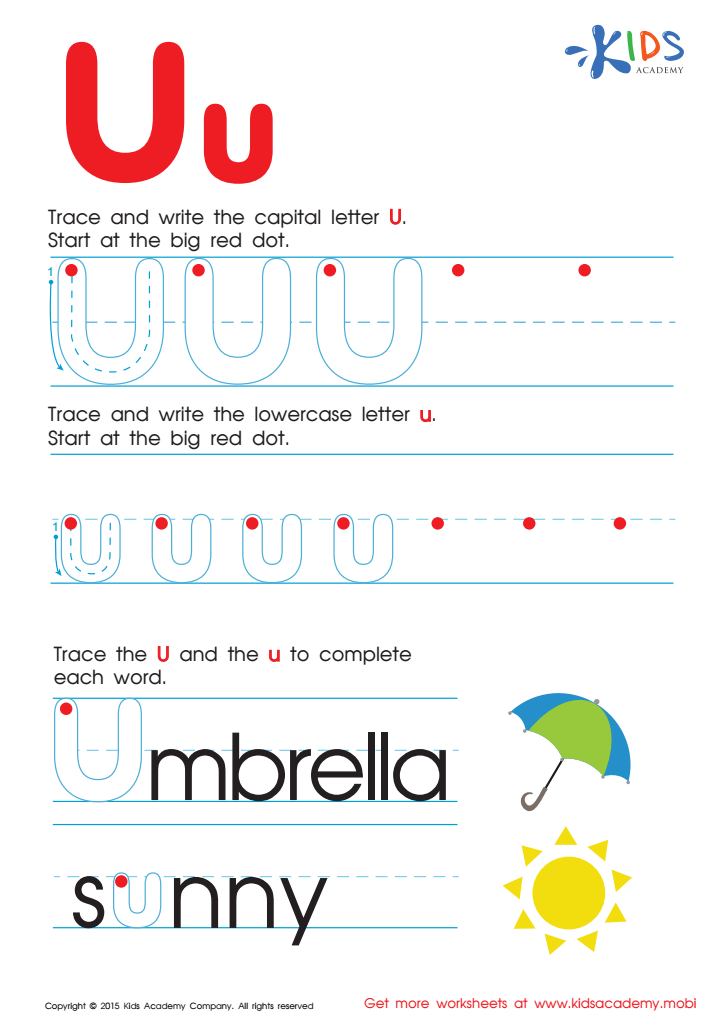

Letter U Tracing Page
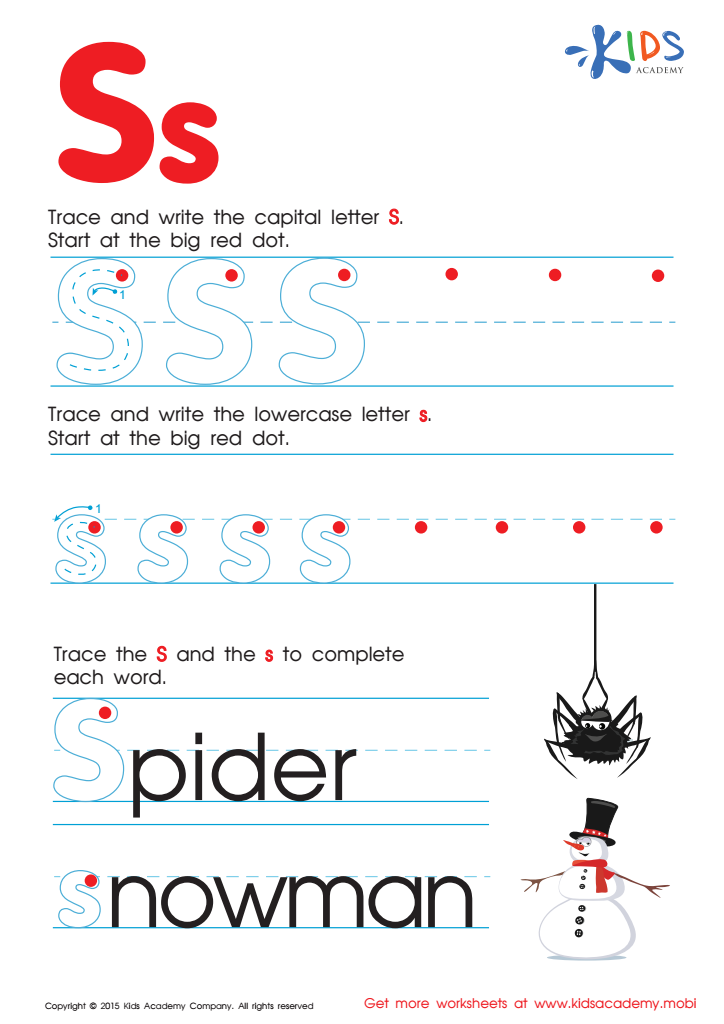

Letter S Tracing Page
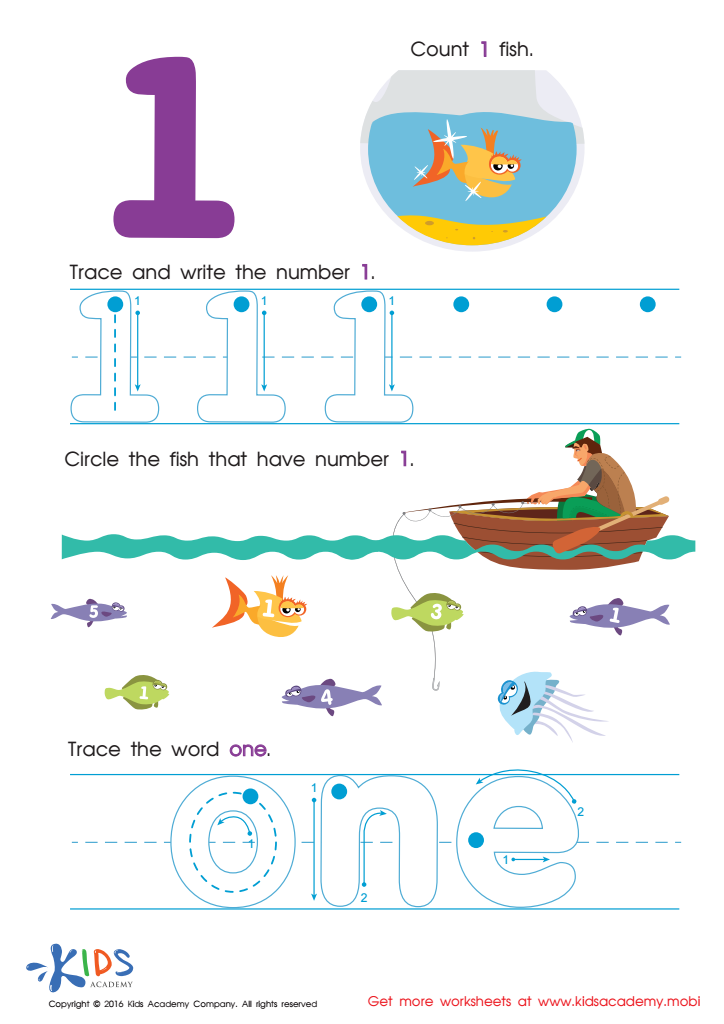

Learning to Write 1 Worksheet
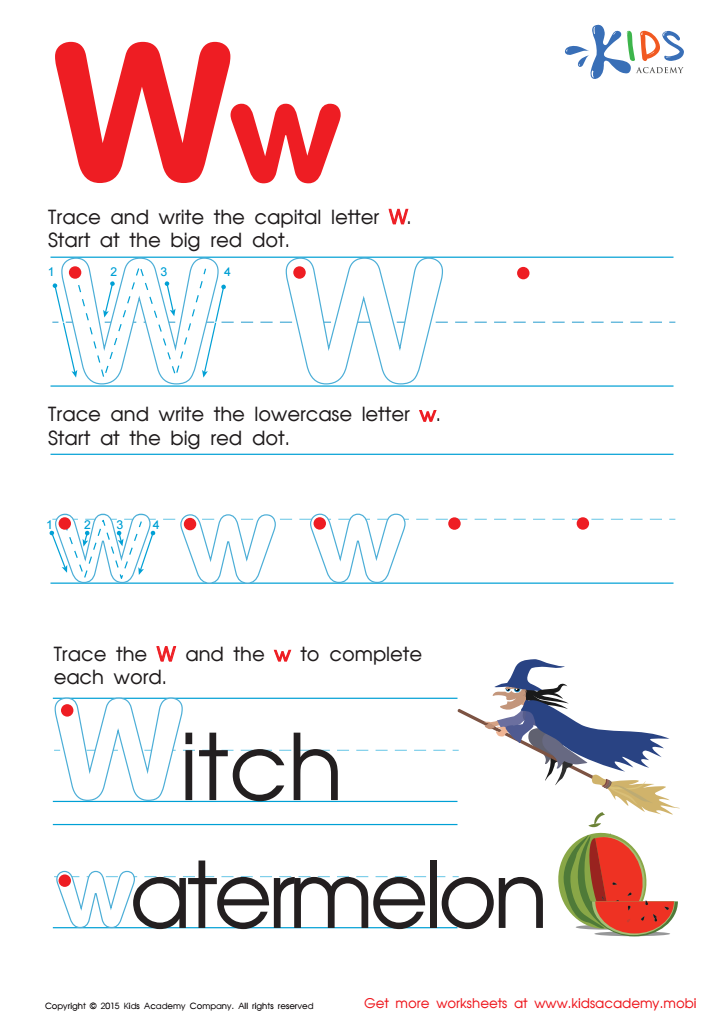

Letter W Tracing Page
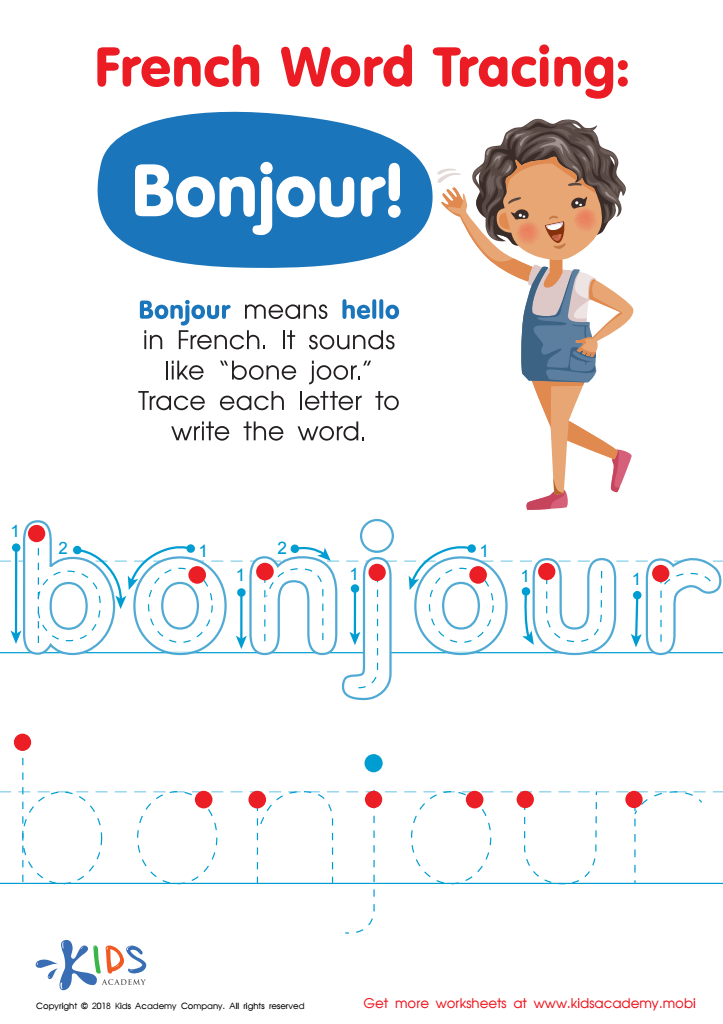

French Word Tracing: Bonjour Worksheet
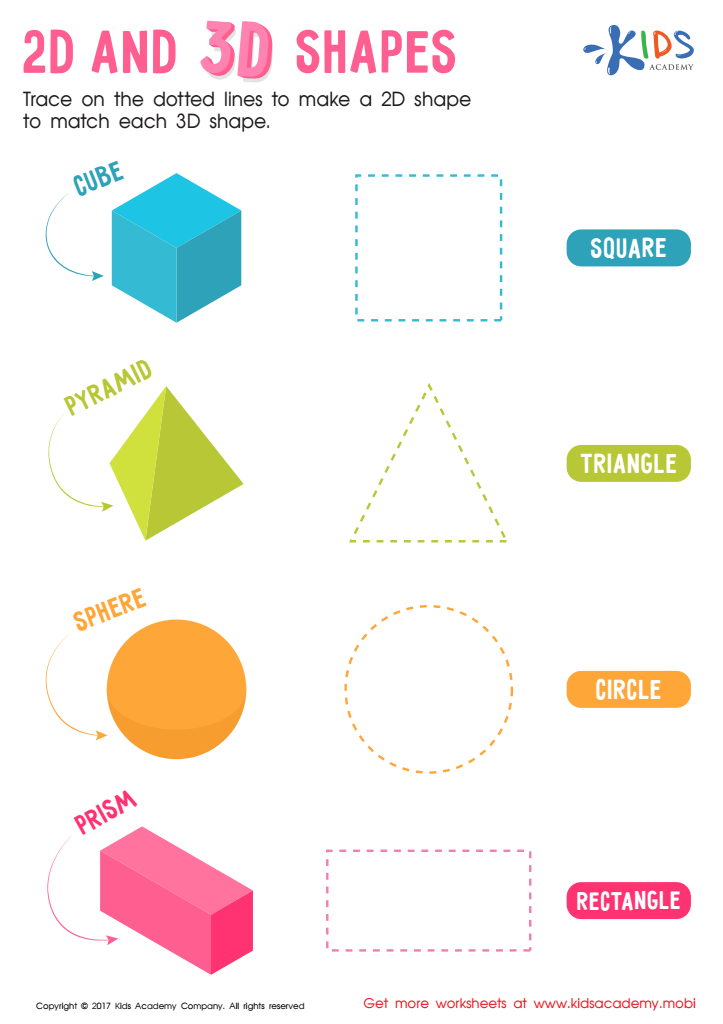

2D and 3D Shapes Worksheet
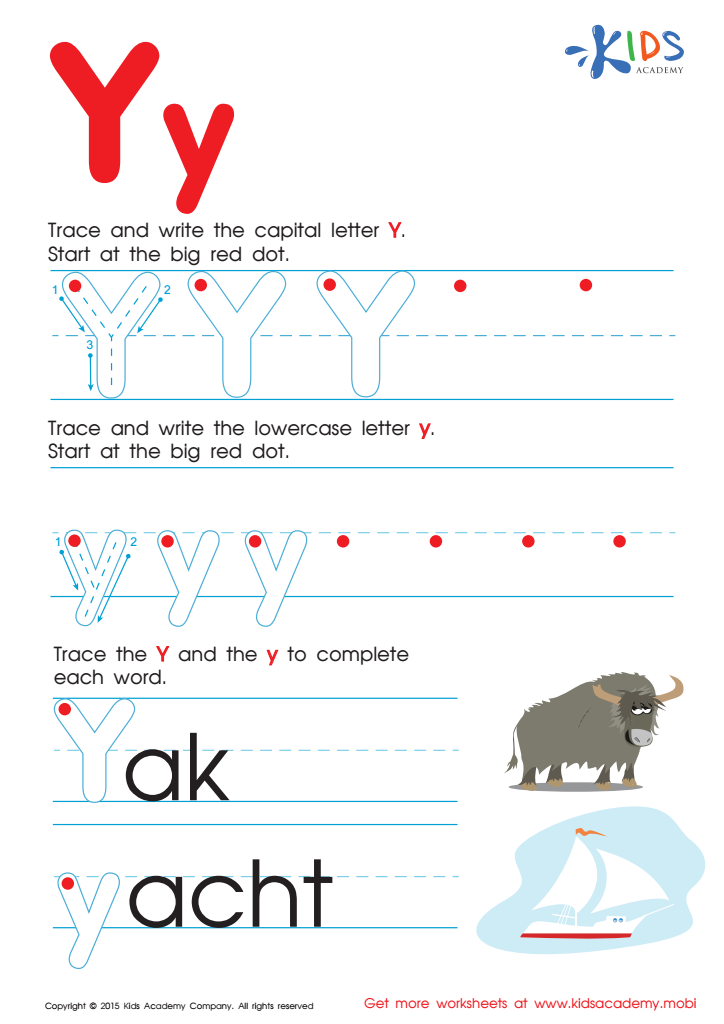

Letter Y Tracing Page
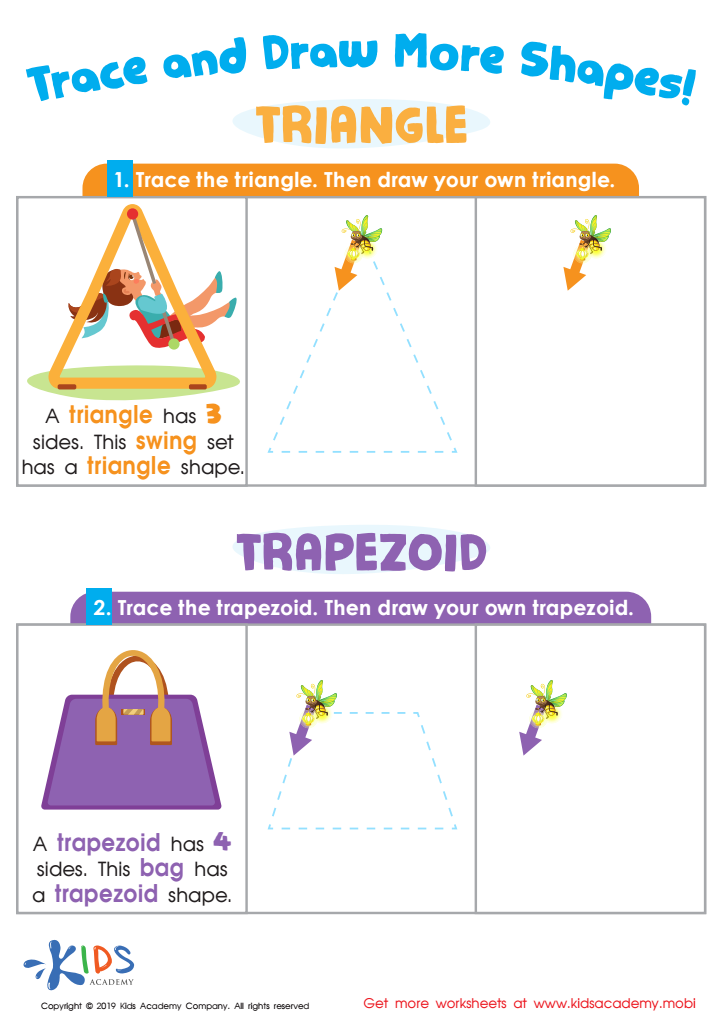

Trace and Draw More Shapes Worksheet
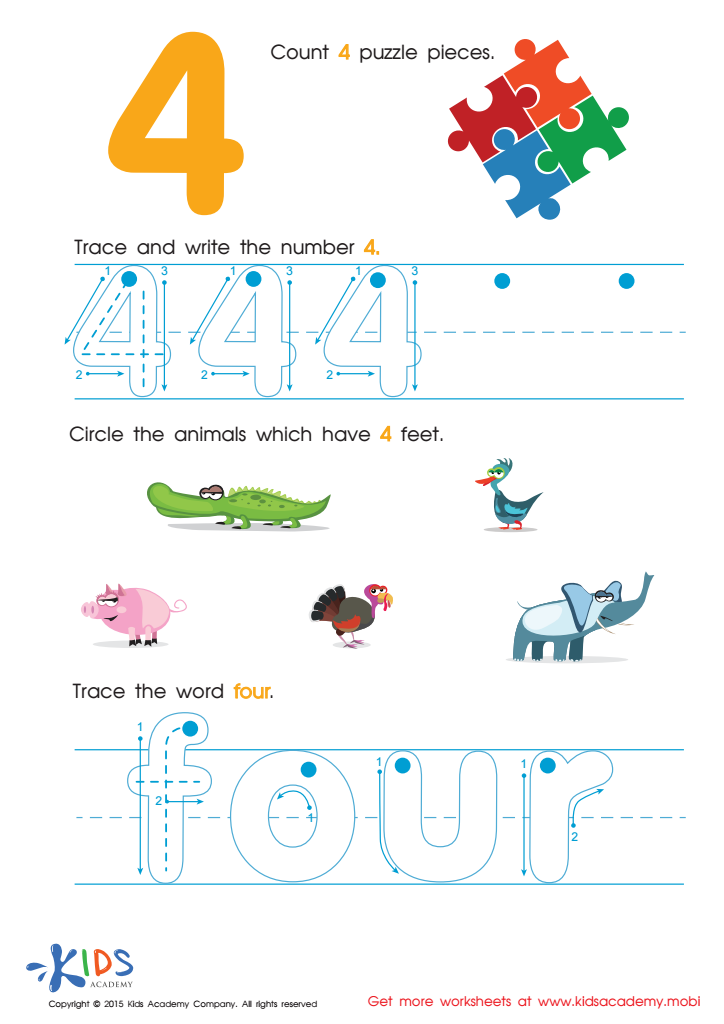

Teaching Children to Write Number 4 Worksheet
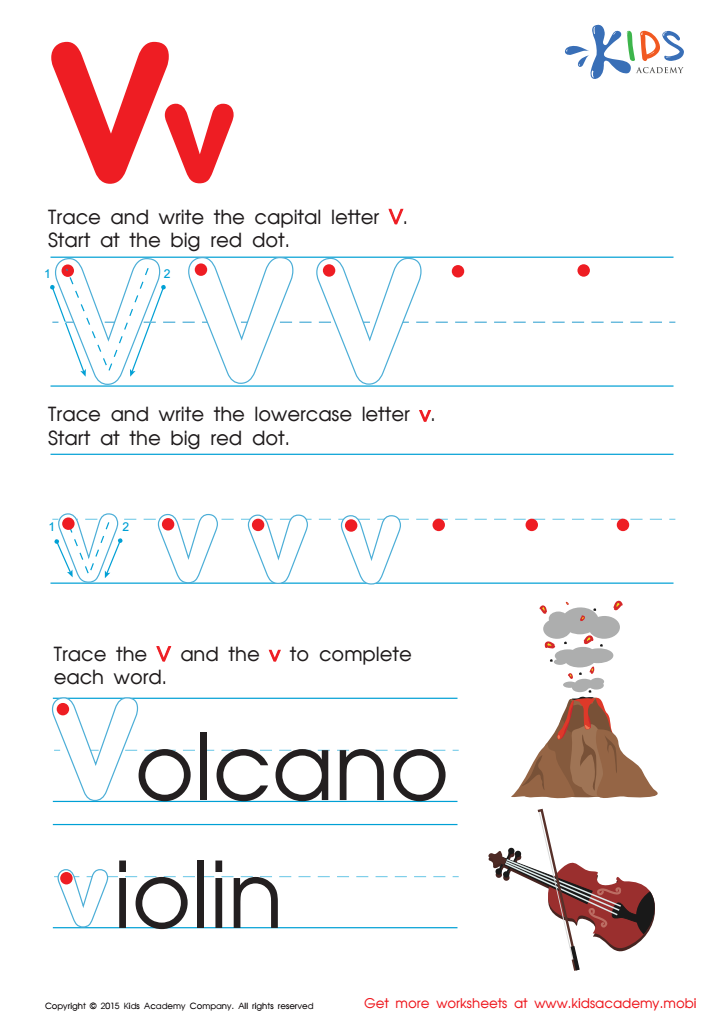

Letter V Tracing Page
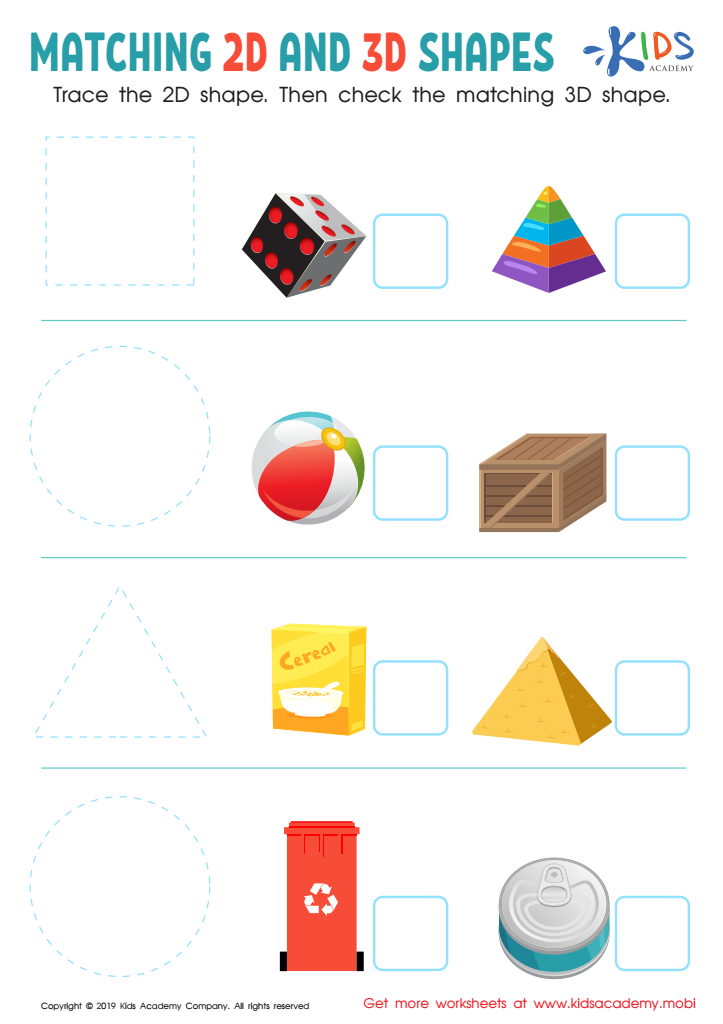

Matching 2D and 3D Shapes Worksheet


Santa Claus Tracing Winter Words Worksheet
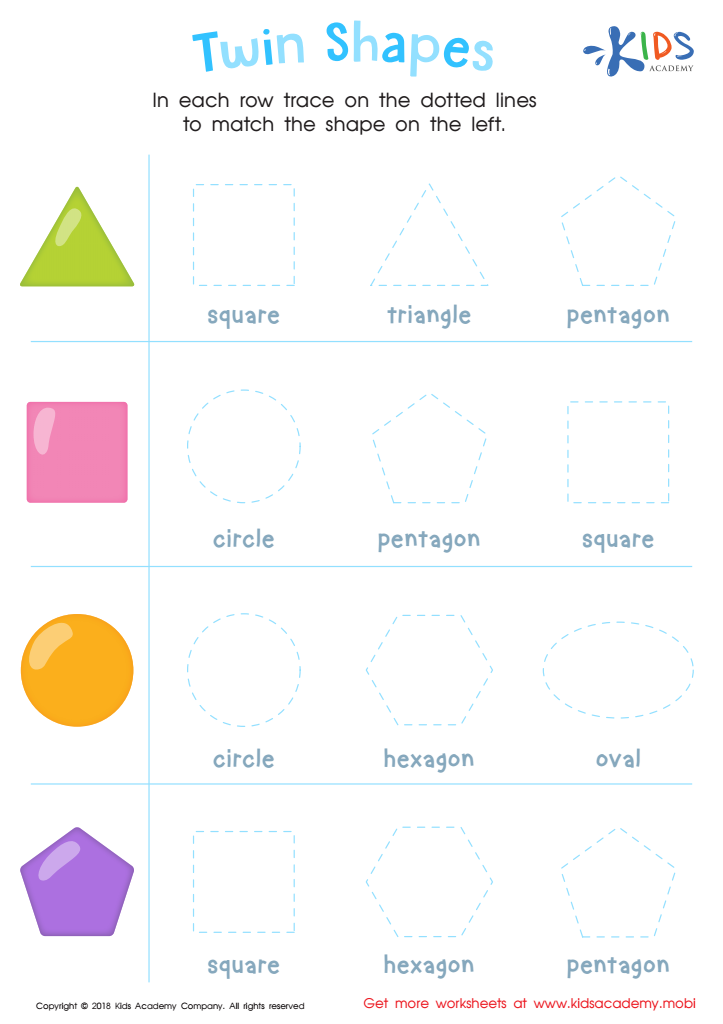

Twin Shapes Dot-to-Dot Worksheet
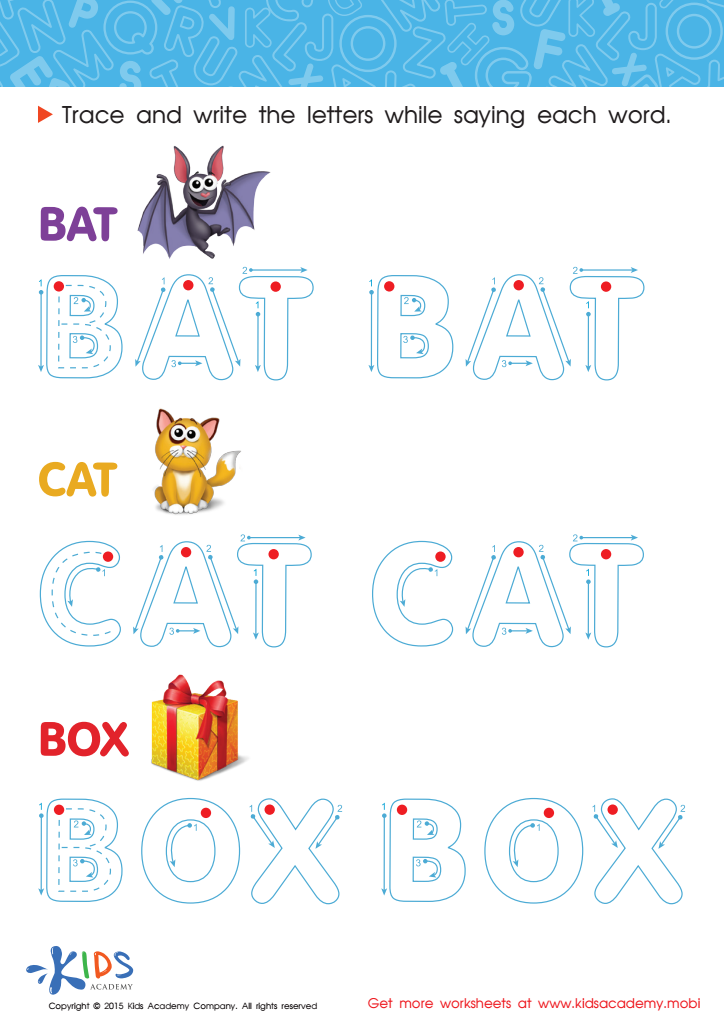

A Bat, a Cat and a Box Spelling Worksheet
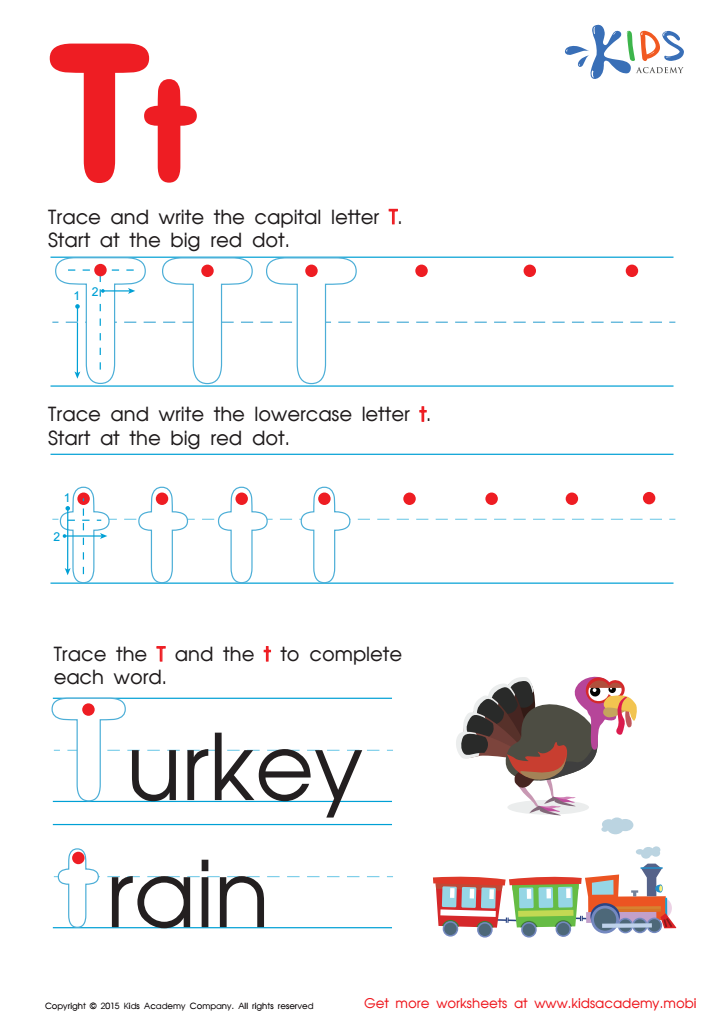

Letter T Tracing Page
Parents and teachers should pay close attention to Extra Challenge Tracing Activities for children ages 6-8 due to their significant impact on early childhood development. These activities not only enhance fine motor skills but also foster cognitive abilities and promote literacy through fun, interactive learning. Tracing letters, numbers, shapes, or even simple pictures allows children to refine their hand-eye coordination and prepare for more complex writing tasks.
Engaging in tracing activities also strengthens concentration and focus, which are critical skills for academic success. Moreover, these activities can serve as a bridge between play and structured learning, encouraging children to engage with educational content in a relaxed environment.
With included answers, parents and teachers can easily assess progress and provide immediate feedback, which is essential for boosting confidence and motivation in young learners. Furthermore, they promote self-directed learning, enabling children to explore at their own pace. As children master these foundational skills, they build a sense of accomplishment that can positively influence their attitude toward learning and school.
In essence, incorporating Extra Challenge Tracing Activities into a child’s routine offers multifaceted benefits that holistically support their intellectual and emotional growth during these formative early years.
 Assign to My Students
Assign to My Students





















